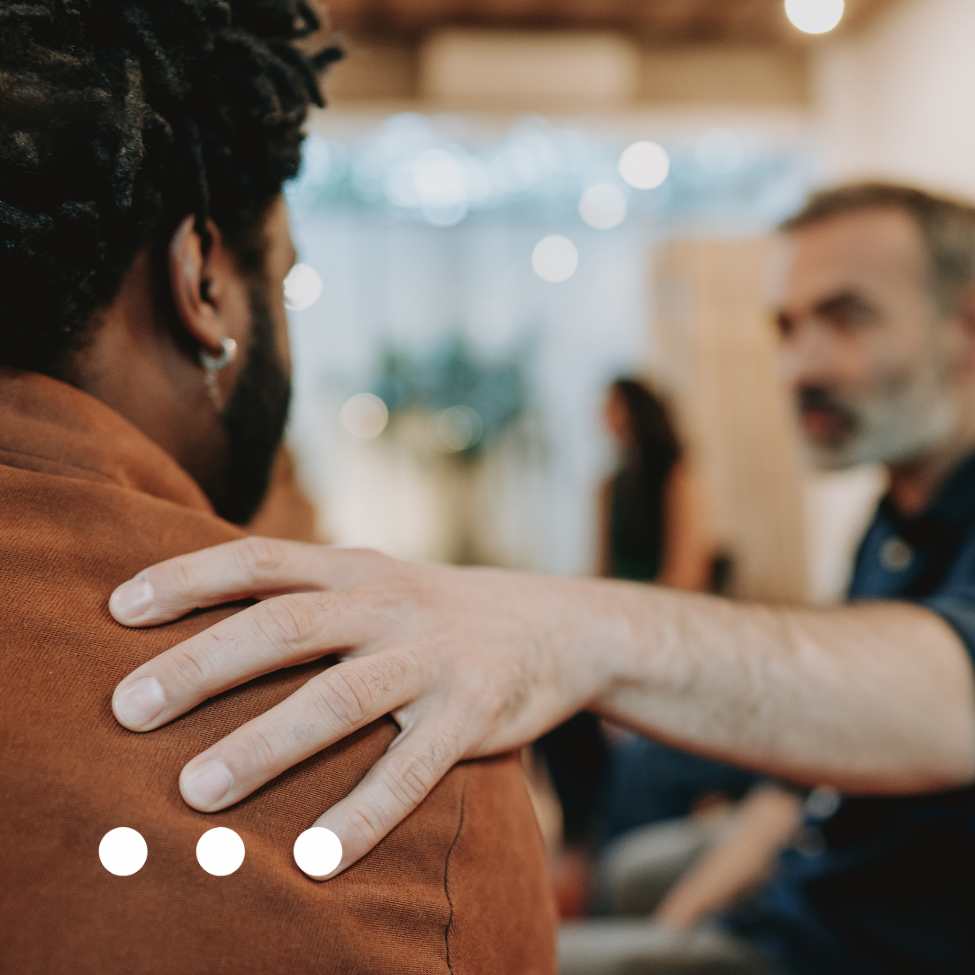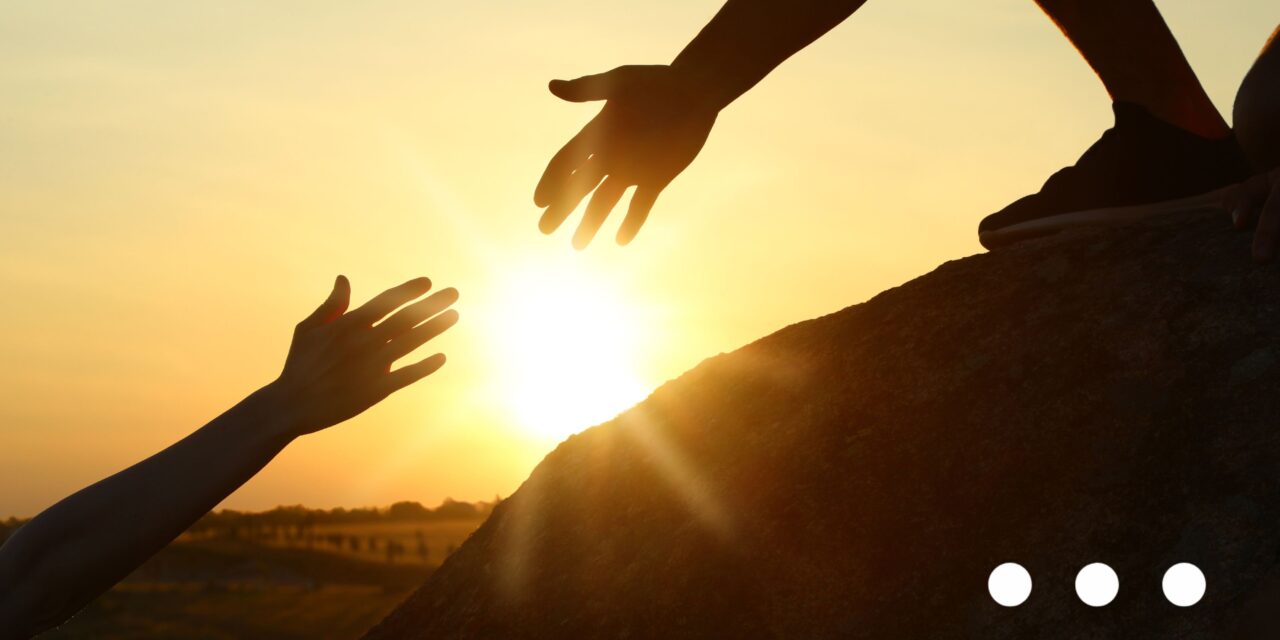While family and friends can offer encouragement, many people in recovery find that having a recovery sponsor is one of the most effective ways to stay on track.
A recovery sponsor is someone who has successfully navigated their sobriety journey and is willing to mentor others in their recovery. Sponsors are a key component of 12-step programs like Alcoholics Anonymous (AA) and Narcotics Anonymous (NA), but the concept of sponsorship can also extend beyond these groups.
What is a Recovery Sponsor?
A recovery sponsor is a mentor and guide who helps individuals stay committed to their sobriety. They typically have significant experience in addiction recovery and provide emotional support, encouragement, and practical advice based on their own journey.
What Does a Recovery Sponsor Do?
Here’s why sponsorship is so impactful:
- Shares personal experiences. Sponsors offer insight based on their own struggles and successes in sobriety.
- Provides accountability. A sponsor helps keep you responsible for your actions. Knowing someone is checking in on your progress makes it harder to relapse.
- Guides you through the 12 steps. In programs like AA and NA, sponsors play a crucial role in helping new members understand and work through the steps.
- Offers emotional support. Many people relapse due to stress, isolation, or emotional struggles. A sponsor provides non-judgmental support during tough times.
- Helps you build a strong recovery network. A sponsor introduces you to a larger recovery community, creating a sense of belonging and connection essential for sobriety.
- Provides real-world guidance. Since sponsors have been through addiction and recovery themselves, they offer practical advice based on experience, not just theory.
What a Recovery Sponsor Is Not
And, while sponsors provide invaluable support, they are not:
- A therapist. Sponsors offer peer support but are not licensed professionals.
- A substitute for medical treatment. Therapy, medication-assisted treatment, and medical care may still be necessary.
- A best friend. The relationship should be focused on recovery, not personal socializing.
How to Find a Recovery Sponsor

Finding the right sponsor is an important step in your recovery journey. You should find a sponsor with a similar recovery experience who aligns with your values and successfully maintains sobriety.
Here are the best ways to find a sponsor who fits your needs.
Attend 12-Step Meetings (AA, NA, etc.)
The most common way to find a sponsor is through Alcoholics Anonymous (AA), Narcotics Anonymous (NA), or other 12-step groups. Many experienced members volunteer to sponsor newcomers.
How to Approach Someone at a Meeting:
- Look for someone with at least one year of sobriety.
- Choose someone you admire and respect (not just someone who is friendly).
- After a meeting, ask them directly: “I’m looking for a sponsor. Would you be open to that?”
You may also ask for recommendations here. Other members of your recovery group can recommend experienced sponsors who may be a good fit.
Consider Online Recovery Communities
If in-person meetings are not an option, online recovery groups and forums offer virtual sponsorship opportunities. Websites like:
- In The Rooms
- AA or NA online meetings
- Reddit’s r/stopdrinking community
Frequently Asked Questions About Recovery Sponsors
Do I have to have a sponsor in recovery?
No, but having one greatly improves your chances of staying sober. Many people who relapse do so because they lack support and guidance.
What should I look for in a recovery sponsor?
A good sponsor should be:
- Committed to sobriety (at least one year sober).
- Willing to dedicate time to mentorship.
- Non-judgmental and supportive.
- Someone you respect and can trust.
Can I change sponsors if it’s not working?
Yes! If your sponsor isn’t the right fit, you can politely express gratitude and find someone new.
How often should I talk to my sponsor?
It varies. Some sponsors check in daily, while others meet weekly or as needed.
What if I don’t feel comfortable with my sponsor?
Finding another sponsor is okay if the relationship doesn’t feel right. Recovery should be a safe space.
What’s the difference between a recovery coach and a sponsor?
A recovery sponsor is a peer mentor who has been through addiction and recovery themselves. They typically work within 12-step programs and help guide individuals through the steps based on personal experience. Sponsorship is free and voluntary.
A recovery coach is a trained professional who provides structured support, goal-setting, and accountability. They may not be in recovery themselves and do not work within the 12-step framework. Recovery coaching is often a paid service and focuses on personal development beyond sobriety.
Next Steps: Finding Your Recovery Sponsor
A recovery sponsor is one of the most valuable resources in addiction recovery. They provide accountability, guidance, and emotional support that can make all the difference in staying sober.
If you’re on the path to recovery and don’t have a sponsor yet, consider attending a local or online meeting to find one.

